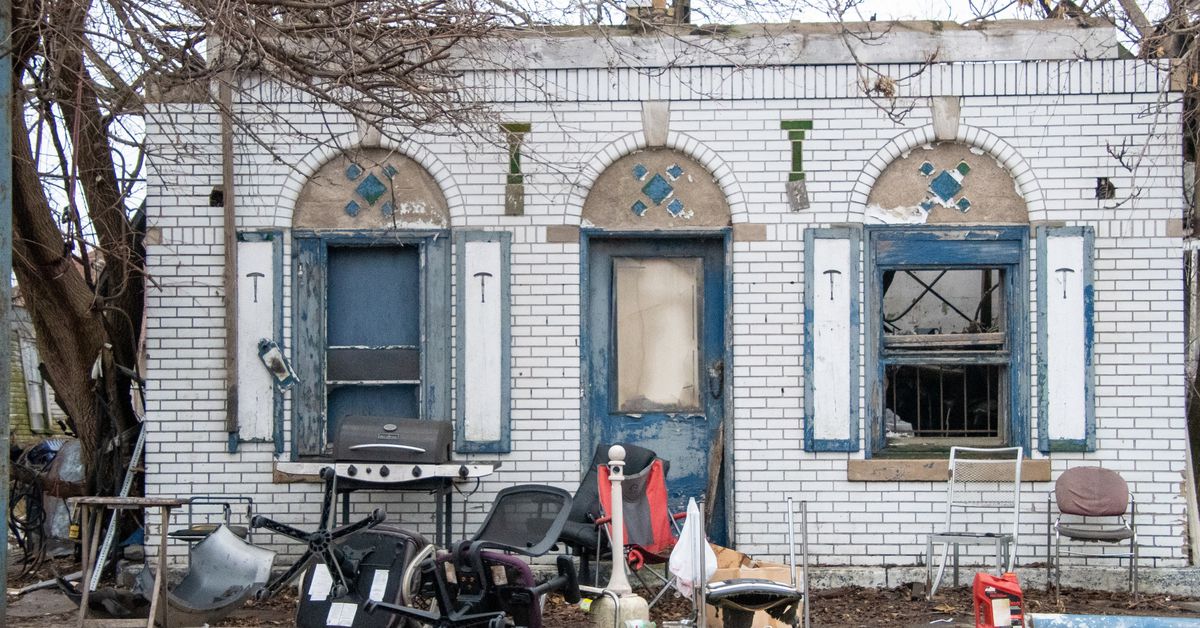- cross-posted to:
- georgism
- usa
- usnews@beehaw.org
- cross-posted to:
- georgism
- usa
- usnews@beehaw.org
That’s an interesting idea… increase the tax on the value of the land itself and decrease the tax on assets ON the land.
Theory being people don’t want to put a multi-story building on their land because now they have to pay property taxes on a (potentially) multi-million dollar structure.
Similarly people don’t want to improve their property because of potential tax implications.
It SEEMS like a good idea, but I think the problem with it is tax burden is likely not the only reason for a lack of development.
So if they reduce the taxes and development STILL doesn’t come?
It SEEMS like a good idea, but I think the problem with it is tax burden is likely not the only reason for a lack of development.
Look at it this way. Say you own land now that you’re paying, for example, $1000 per year in taxes on. Next year, because of this law, it’ll be $2500. The hope is that you will either develop or yourself or sell it to someone who will.
Even if the owners just keep sitting on that land, the tax increase on it should make up for the revenue lost on property where taxes have dropped. If it works though, then the tax base should grow as should the economy due to the new construction, homes, and businesses.
But the article mentions several other examples of where this has worked. Not sure if this is survivor bias or not. But dense housing and mixed residential/commercial neighborhoods lead to more community and more desirable housing.
I think the problem with it is tax burden is likely not the only reason for a lack of development.
I’d guess parking requirements and zoning laws (to a lesser extent.) fuck things up more then just taxes.
Can’t build that multi story building without another chunk of land for a multi story parking structure next door.
This is the best summary I could come up with:
Detroit has had a declining population for decades — peaking in the 1950s at 1.85 million — and has been grappling with large amounts of vacant land under private, public, and nonprofit ownership.
The mayor threw his backing behind the concept this past May, and though the specific details have changed somewhat in recent months, the basic idea of taxing land at a higher rate than buildings remains intact.
Other Detroit constituents have expressed general distrust of the city’s mayor and ideas he’s enthusiastic about, arguing there are other reforms needed to stave off eviction and foreclosure.
Roach, Duggan’s spokesperson, said Michigan’s Democratic House Speaker Joe Tate indicated he will bring up the Detroit land-value tax idea for a vote in January.
Some Detroit activists argue that a land-value tax will fail if not paired with fixing the city’s notoriously broken property assessment process, which often undervalues expensive homes and over-values less valuable ones.
“Like a lot of American cities Detroit has historically struggled with accurate and frequent assessments and particularly at the low-end of the value spectrum,” said Justus, of the Niskanen Center.
The original article contains 1,893 words, the summary contains 184 words. Saved 90%. I’m a bot and I’m open source!




